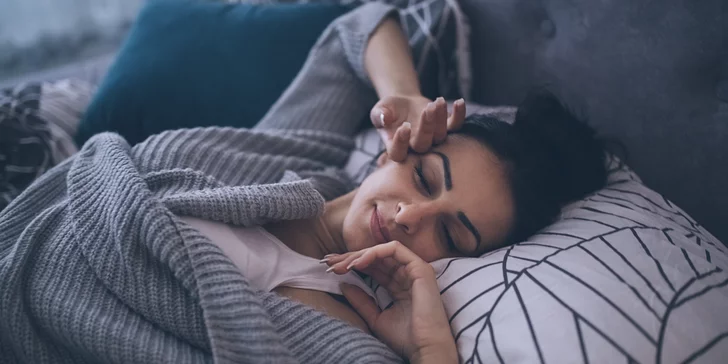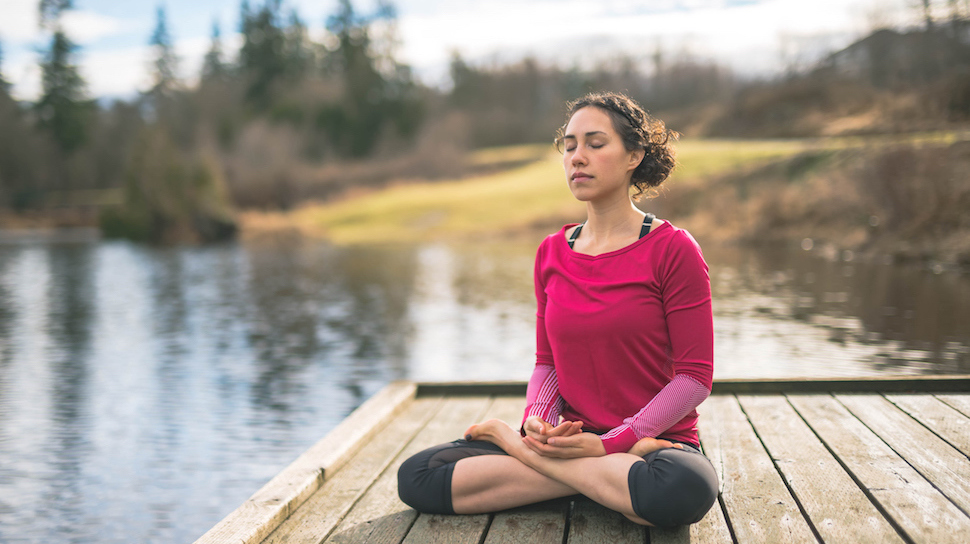Anxiety and insomnia's co-occurrence may not surprise many. Looking at different types of anxiety disorders, you will realize that people with phobias or panic attacks complain of lack of sleep or trouble sleeping. One may not know, but even someone with social anxiety can have insomnia. It already affects two-thirds of the population. The experts say your sleep quality can determine the severity of your social anxiety issue. Even a generalized anxiety disorder (GAD) diagnosis examines your sleep disturbance degree as an indicator.
In simple words, anxiety and insomnia have a solid common connection. One can lead to the other like a vicious cycle. Since anxiety triggers restlessness and worries, a person can struggle to fall asleep. Due to insomnia, levels of stress and exhaustion become heightened, making you feel less resilient and eventually contributing to anxiety. No matter what, both these conditions can be debilitating to your overall wellness. That's why it's necessary to know how to treat insomnia due to anxiety. Let’s delve into this straightforward.

Sleep hygiene and relaxation techniques can be the main highlights. Relaxing activities like meditation can keep your mind calm, improve your attention, and distract you from troubling thoughts. Reading and a warm bath can also do the trick. Make sure you pick some light books. Anything too stimulating for your mind can keep you awake. Some recommend light exercises like deep breathing to enhance your sleep quality. As for sleep hygiene, this area represents your daily bedtime habits. A comfortable bedroom with a firm mattress, soothing lighting, and other favorable things can be more welcoming. Stick to your sleep routine. At the same time, cutting down on your alcohol and caffeine diet is a must. If you choose alternative medicine for anxiety-induced sleeping problems, you can find a holistic way to relieve your symptoms. Visit Meettulip.com once for this.

When you go to a natural medicine doctor and wellness advisor, they thoroughly examine your mental and physical state to identify the actual cause of your disease and offer help. Expect them to recommend diet, sleep hygiene practices, and much more. They can also introduce therapies and medications based on your condition. Generally, specialists recommend cognitive behavioral therapy (CBT). This psychotherapy enables you to avoid behaviors or trigger points for your anxiety and insomnia. If you face any negative emotion or thought, you may learn to distract your mind from it.
Some therapists may guide patients to face their fears. Anyone suffering from a panic attack, social anxiety, obsessive-compulsive disorder, and others can be a suitable candidate for this. Still, only your therapist can inform you if this will improve your condition. After all, natural medicine takes a personalized approach to treating everyone because every patient is unique, and so are their health conditions.
Remember, sleep and anxiety disorders need a holistic approach for improvement. A combination of medicines, therapies, supplements, habits, and diets can take care of this. Many efficient alternative solutions are available. Hence, it can be worth trying this discipline.
Be the first to post comment!